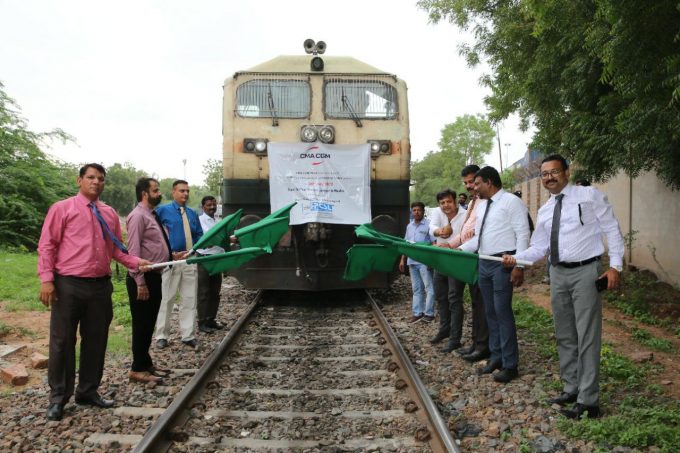CMA CGM to reflag box ship as the French carrier eyes growing Indian market
The box carrier heavyweights appear to be increasingly romancing the Indian market, with trade indicators ...

Indian shippers looking for some respite from soaring freight rates now face additional landside costs.
Indian Railways (IR), the public enterprise that governs and operates the country’s rail systems, has again scaled down the haulage subsidies allowed for the movement of empty containers.
The rebate scale, reduced from 25% to 15% in April, has this week been revised further, to 10%, through the end of October.
Haulage charges are the fees levied by IR on containerised rail operators for the use of its ...
Maersk u-turn as port congestion increases across Northern Europe
Apple logistics chief Gal Dayan quits to join forwarding group
Maersk Air Cargo sees volumes fall as it aims for 'margin in favour of revenue'
Airlines slash freighter capacity post-de minimis, but 'the worst is yet to come'
Houthis tell Trump they will end attacks on Red Sea shipping
Transpac rates hold firm as capacity is diverted to Asia-Europe lanes
MSC revamps east-west network as alliance strategies on blanking vary
India-Pakistan 'tit-for-tat' cargo ban sparks sudden supply chain shocks

Comment on this article